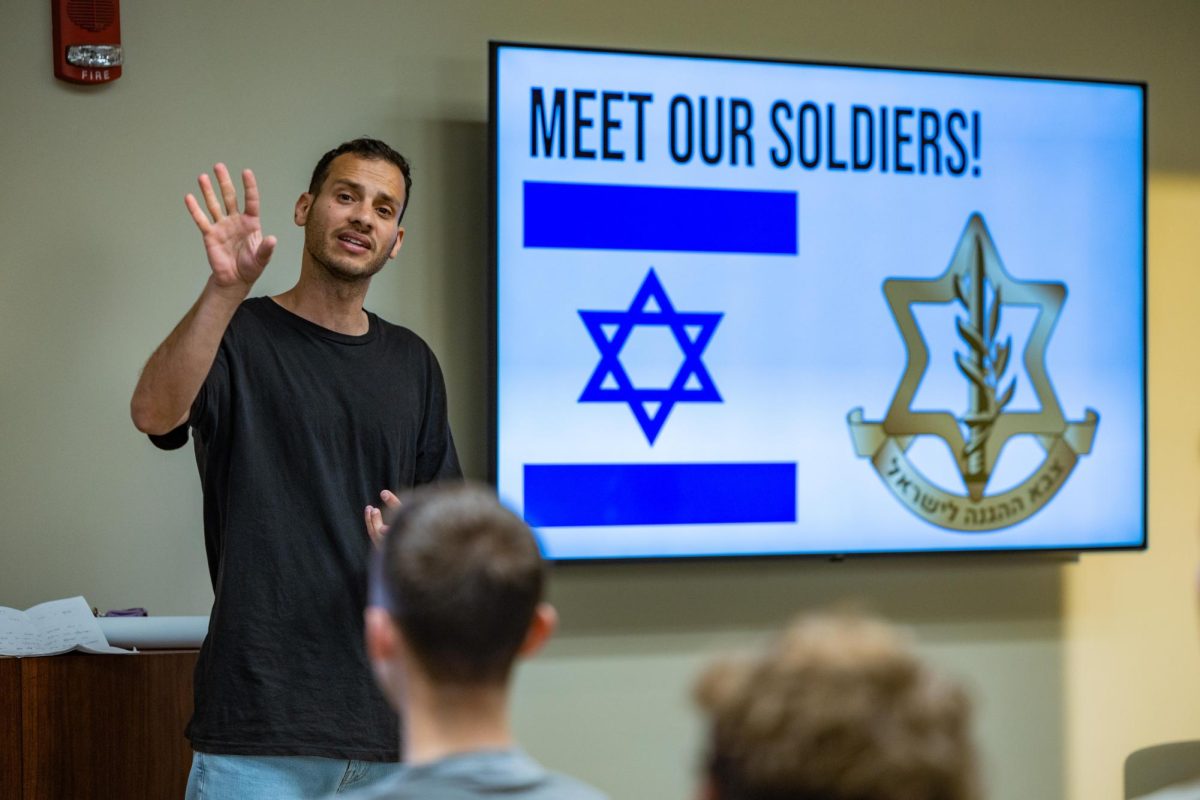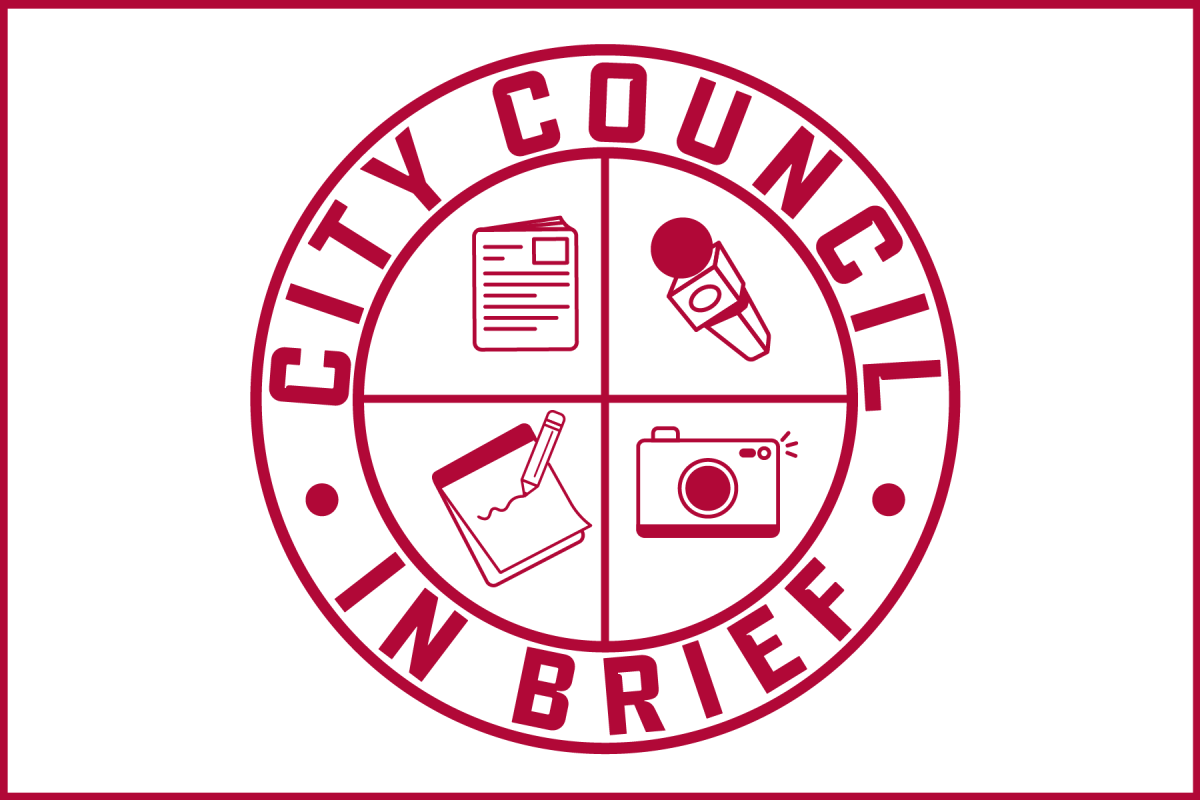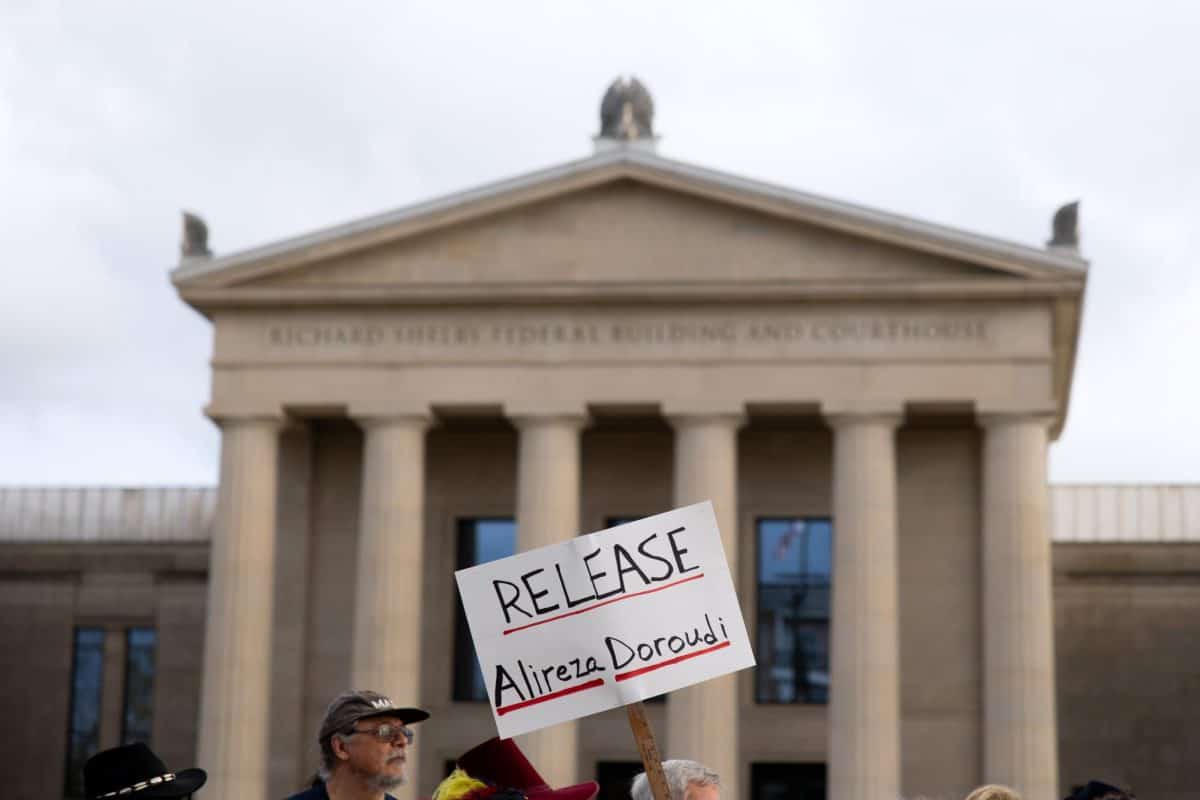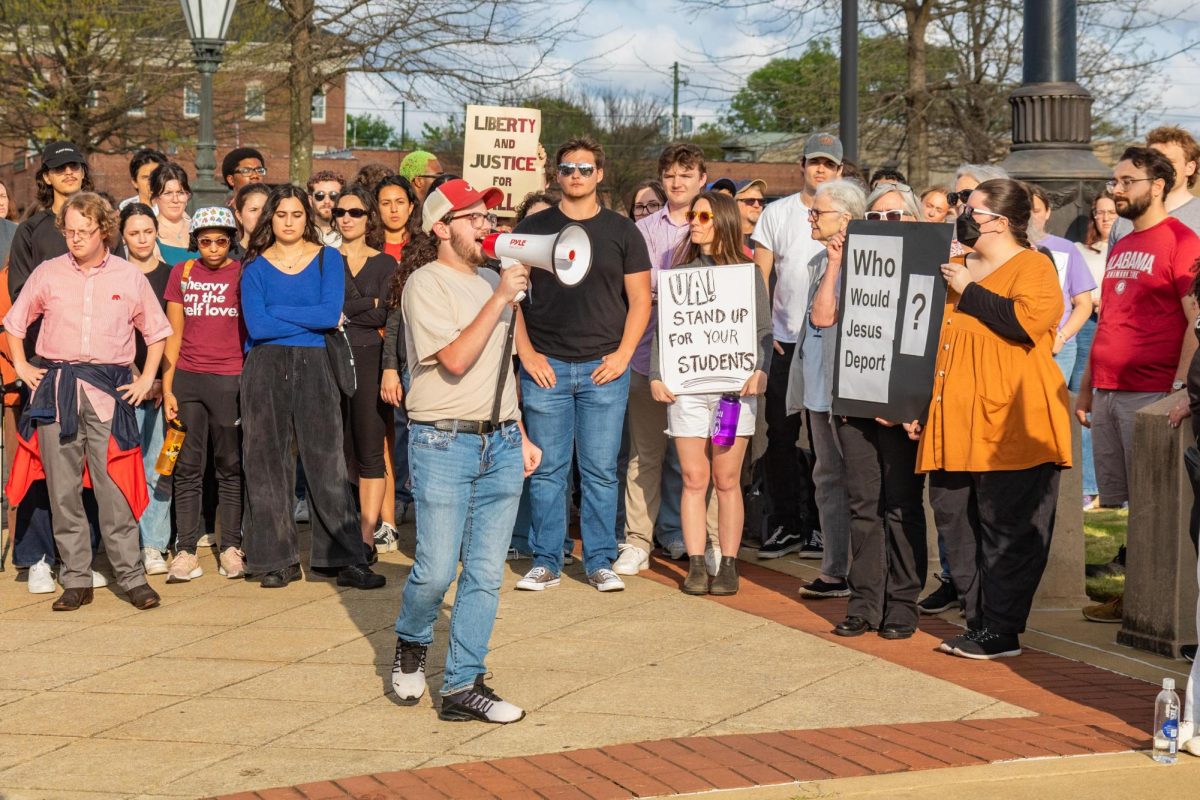The University of Alabama Police Department and the Student Government Association have entered the digital age this semester with the start of a new cell phone security program.
Rave Guardian, which is free and accessible to all students, provides emergency responders with more critical information than the average 911 call.
“UAPD and the administration purchased the program and asked for SGA’s assistance in promoting the program,” said Jesse Blount, the SGA chief implementation officer. “Safety is a top concern for the SGA, and we are willing to help the administration with this critical program.”
The program website, ravemobilesafety.com, states that Rave Guardian requires a valid cell phone number but works on all phones and carriers. Users are given the option of updating an online profile with critical information, which can only be viewed by responders in an emergency. This profile can include everything from eye color and medical conditions to a student’s class schedule. Rave also encourages users to upload a current picture.
With the average 911 call, the only information provided at the time of the emergency is the phone number and whatever information the caller can provide.
In the event of a crisis, callers can often be disoriented, hysterical or even unable to respond at all. The Rave Guardian program notifies UAPD of the student’s location and provides the student’s profile as soon as the call is placed.
The Guardian system provides each student with two numbers to save in his or her cell phone. The Rave Guardian website, ravemobilesafety.com, suggests saving these numbers on speed dial, so help can be just one button away.
According to an SGA press release, Rave Guardian consists of two safety features. The immediate assistance option acts as a panic button or “a mobile blue-light,” contacting UAPD immediately when a student dials the number.
“The Guardian program can be utilized anywhere in UAPD’s jurisdiction. Guardian definitely can be used on The Strip and in downtown Tuscaloosa. In the event of an emergency, UAPD would be able to connect students to the appropriate police department,” Blount said.
The second safety feature outlined in the SGA press release is the timer option. Students traveling alone can call the second number to inform Rave Guardian of their intended destination and estimated travel time. Once at the destination, the student will deactivate the timer. In the event of an emergency en route that prevents the student from turning the timer off, the timer will expire and UAPD will be notified to contact the student.
Pre-programmed emergency numbers might make an accidental emergency call more likely, especially if a student sets the timer and forgets to deactivate it on arrival. However, Blount offers assurance that the UAPD is not looking to penalize students.
“Students will not be punished for forgetting to turn off the timer or accidentally calling the emergency number. This program is in place to help students stay safe, not to catch them breaking rules. We do encourage students to be responsible when using the program because it could make the difference in the event of an emergency.”
Some students feel that Rave Guardian is a timely update to the ‘blue-light’ emergency telephone system found around campus currently.
“I think it’s a really good idea. It’s not guaranteed I’ll always be around a blue light, so having something in my hand, regardless of where I am on campus, makes me feel safer,” said Chelsea Pickett, a sophomore majoring in public relations.
Students can register with Rave Guardian by logging on to myBama, where a link is posted under the “Currently on myBama” banner. More information on the Rave Guardian program can be found at ravemobilesafety.com.








